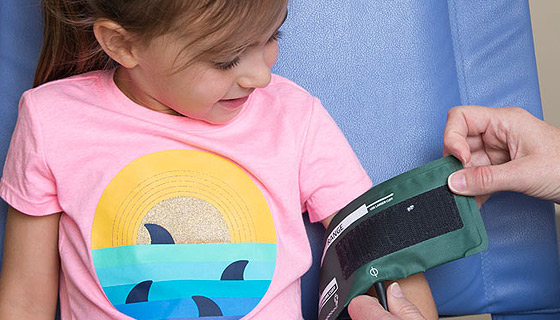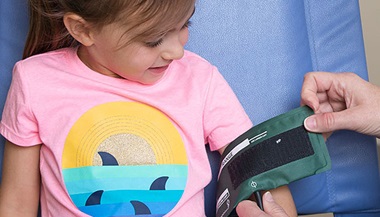Food-Drug Interactions
What happens during a food-medicine interaction?
Food-medicine interactions can happen with both prescription and over-the-counter (OTC) medicines. These include antacids, vitamins, iron pills, herbs, supplements, and beverages.
Some nutrients can affect the way you metabolize certain medicines by binding with the medicine's ingredients. This reduces their absorption or speeds their elimination. For example, the acidity of fruit juice may decrease the effectiveness of antibiotics such as penicillin. Dairy products may blunt the infection-fighting effects of tetracycline. Some green leafy vegetables can cancel out the effects of warfarin, an anticoagulant medicine. One kind of antidepressants called MAO inhibitors are dangerous when mixed with foods or drinks that contain tyramine. These include beer, red wine, chocolate, processed meat, avocados, and some cheeses. Grapefruit juice can interfere with some blood pressure medicines and organ transplant medicines by increasing their metabolic breakdown. Some medicines are only absorbed if they are taken with a full meal or even a meal high in fat content.
Not all medicines are affected by food, but many can be affected by what you eat and when you eat it. Sometimes, taking medicines at the same time you eat may interfere with the way your stomach and intestines absorb medicine. Other medicines are recommended to be taken with food. Be sure to ask your healthcare provider or pharmacist for specific directions on eating before or after taking any medicine.
What you should remember about food-medicine interactions
Be aware of the following:
-
Ask your pharmacist or healthcare provider if there are foods, beverages, vitamins, or supplements you should avoid with your medicines.
-
Read the prescription label on the container. If you do not understand something, or think you need more information, ask your healthcare provider or pharmacist.
-
Read directions, warnings, and interaction precautions printed on all medicine labels and instructions. Even over-the-counter medicines can interact with foods, beverages, or supplements.
-
Take medicine with a full glass of water unless told otherwise by your pharmacist or healthcare provider.
-
Do not stir medicine into your food or take capsules apart (unless directed by your pharmacist or healthcare provider). This may change the way the medicine works.
-
Check with your pharmacist or healthcare provider before taking vitamin pills at the same time you take medicine—vitamins and minerals can interact with some medicines.
-
Do not mix medicine into hot drinks, because the heat from the drink may destroy the effectiveness of the medicine.
-
Never take medicine with alcoholic drinks. Alcohol can change medicine absorption and may increase or decrease the effectiveness of many medicines.
-
Be sure to tell your healthcare provider and pharmacist about all medicines you are taking, both prescription and nonprescription.
-
Obtain all your medicines from one pharmacy and tell your pharmacist about any OTC, supplements, herbs, or vitamins that you take.
-
Keep all medicines in their original containers so they can be easily identified.




